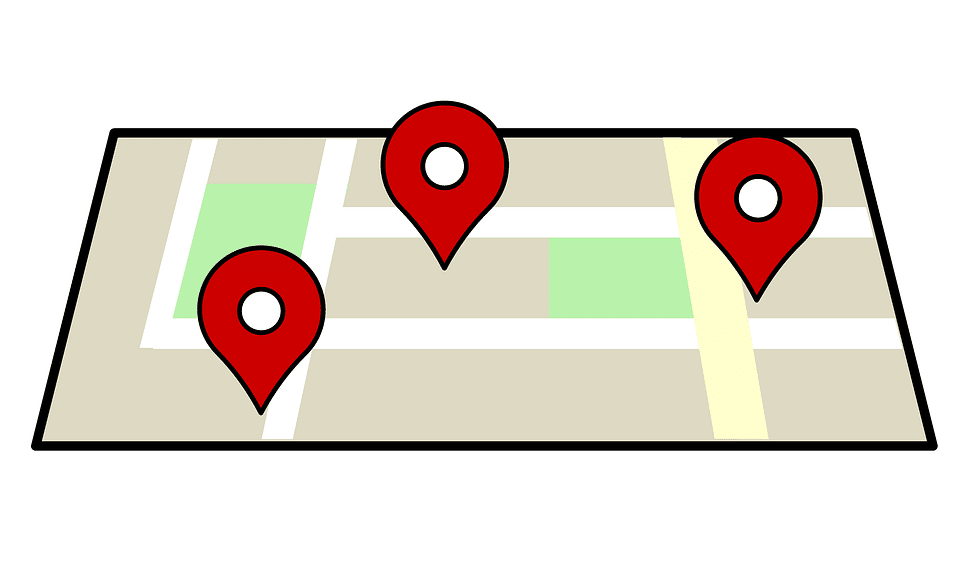8.3 – Locative singular
The locative singular is the case that is used after the following prepositions in Czech:
v/ve ‘in, at’
na ‘on, at’
o ‘about’
po ‘after’
The following endings are used when forming the locative plural. As you can see, there are a few instances where more than one ending is used. This lesson will focus on these endings.
|
|
Masculine Animate |
Masculine Inanimate |
Feminine |
Neuter |
|
|
Hard |
-ovi |
-e /-ě or -u |
-e /-ě |
-e /-ě or -u |
|
|
Soft |
-ovi or -i |
-i |
-i |
-i |
-í |
Masculine animate:
|
|
Masculine animate |
|
hard stem |
-ovi
all animate nouns Jakub → o Jakubovi ‘about Jakub’
doktor → o doktorovi ‘about a doctor’ soused → o sousedovi ‘about a neighbor’ |
|
soft stem |
–ovi for proper nouns:
Aleš → o Alešovi ‘about Aleš’ Tomáš → o Tomášovi ‘about Tomáš’
-i for all other masculine animate soft stem nouns
učitel → o učiteli ‘about a teacher’ (though o učitelovi is also possible) |
Note: strings of animate/proper nouns behave slightly differently than animate words on their own. Even though all words of a proper name are animate, only the last word of the phrase uses the -ovi ending. The preceding nouns take -u if hard and -i if soft. This is a somewhat esoteric rule and is often not followed in colloquial speech, but is worth knowing, at least passively.
o Janu Svěrákovi ‘about Jan Svěrák’
o Miloši Formanovi ‘about Miloš Forman’
|
|
Masculine inanimate |
|
hard stem |
-e /-ě for most nouns ending in t,d,s,z,l: (see summary of softenings/mutations)
t, d byt → v bytě ‘in the apartment’ hrad → na hradě ‘at the castle’
s, l, z -e without háček (i.e. written se, ze, le) les → v lese ‘in the forest’ kostel → v kostele ‘in the church’
-u for most other nouns
park → v parku ‘in the park’ sever → na severu ‘in the north’
exception: there are some exceptions: dům → v domě ‘in the house’ strom → na stromě ‘in the tree’ chléb → v chlebě/chlebu ‘in bread’ |
|
soft stem |
-i for all soft stem masculine inanimate nouns:
počítač → o počítači ‘about a computer’ pokoj → v pokoji ‘in the room’ |
|
|
Feminine |
|
hard stem |
-e /-ě (see summary of softenings/mutations)
banka → v bance ‘in a bank’ Praha → v Praze ‘in Prague’ střecha → na střeše ‘on the roof’ sestra → o sestře ‘about a sister’
mapa → na mapě ‘on the map’ kráva → o krávě ‘about a cow’ chata → na chatě ‘at the cottage’ třída → ve třídě ‘in the classroom’ kavárna → v kavárně ‘in the café’
Again, the sounds s, z, l are never ‘softened’ and thus stems ending in s, z, l will be written without a háček ˇ.
z menza → v menze ‘at the cafeteria’ s kasa → v kase ‘in the safe’ l škola → ve škole ‘at school’ |
|
soft stem |
-i
consonant final kolej → na koleji ‘at the dorm’
vowel final učebnice → v učebnici ‘in the textbook’ |
|
|
Neuter |
|
hard stem |
velars (k, h, g, ch)
-u is used for all neuter nouns whose stems end in velars (k, h, g, ch): k oko ‘eye’ v oku ‘in the eye’
after other consonants the ending is generally -e/ě plus applicable softening (see summary of softenings/mutations):
kino → v kině ‘in the theater’ jídlo → v jídle/jídlu ‘in food’ |
|
soft stem |
-i (for nouns that normally end in -e)
moře → na/v moři ‘at the sea’ letiště → na letišti ‘at the airport’
-í (for nouns ending in -í)
náměstí → na náměstí ‘on the square’ nádraží → na nádraží ‘at the train station’ |
Images used in this document come from these sources.
